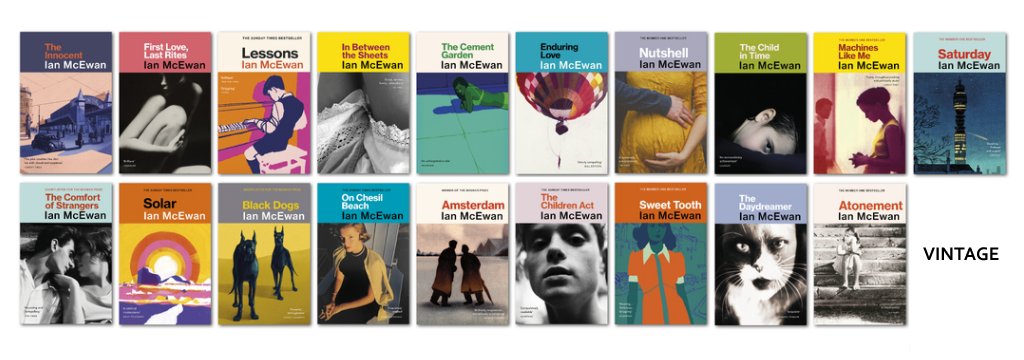Ian McEwan ~ What We Can Know

Ian McEwan says of his new novel:
"What We Can Know is science fiction without the science. This is a novel about history, and what we can know of it, and of each other. We live our lives between the dead and the yet to be born. Of the dead we know a little, but not as much as we think. About the present, we disagree fiercely. People of the future, of course, are beyond our reckoning, but we’re troubled by what we’ll bequeath them. As they look back at us, what will our descendants think, when they contemplate the diminished world we left them? They might envy us.
"To catch at these thoughts, I’ve written a novel about a quest, a crime, revenge, fame, a tangled love affair, mental illness, love of nature and poetry, and how, through all natural and self-inflicted catastrophes, we have the knack of surviving somehow. In our times, we know more about the world than we ever did, and such knowledge will be hard to erase. Our great great grandchildren will scrape through and we won’t be around to count the cost or take the blame. My ambition in this novel was to let the past, present and future address each other across the barriers of time."
2014: A great poem is read aloud and never heard again. For generations, people speculate about its message, but no copy has yet been found.
2119: The lowlands of the UK have been submerged by rising seas. Those who survive are haunted by the richness of the world that has been lost.
Tom Metcalfe, an academic at the University of the South Downs, part of Britain's remaining island archipelagos, pores over the archives of that distant era, captivated by the freedoms and possibilities of human life at its zenith. When he stumbles across a clue that may lead to the lost poem, a story is revealed of entangled loves and a crime that destroy his assumptions about people he thought he knew intimately well.
What We Can Know is a masterpiece that spans the past, present and future to ask profound questions about who we are and where we are going.
In the words of Ian McEwan, it is a novel about: ‘a quest, a crime, revenge, fame, a tangled love affair, mental illness, love of nature and poetry, and how, through all natural and self-inflicted catastrophes, we have the knack of surviving somehow.’
Order copies in the United States or Canada.
Signed copies are available in the UK through Waterstones.



